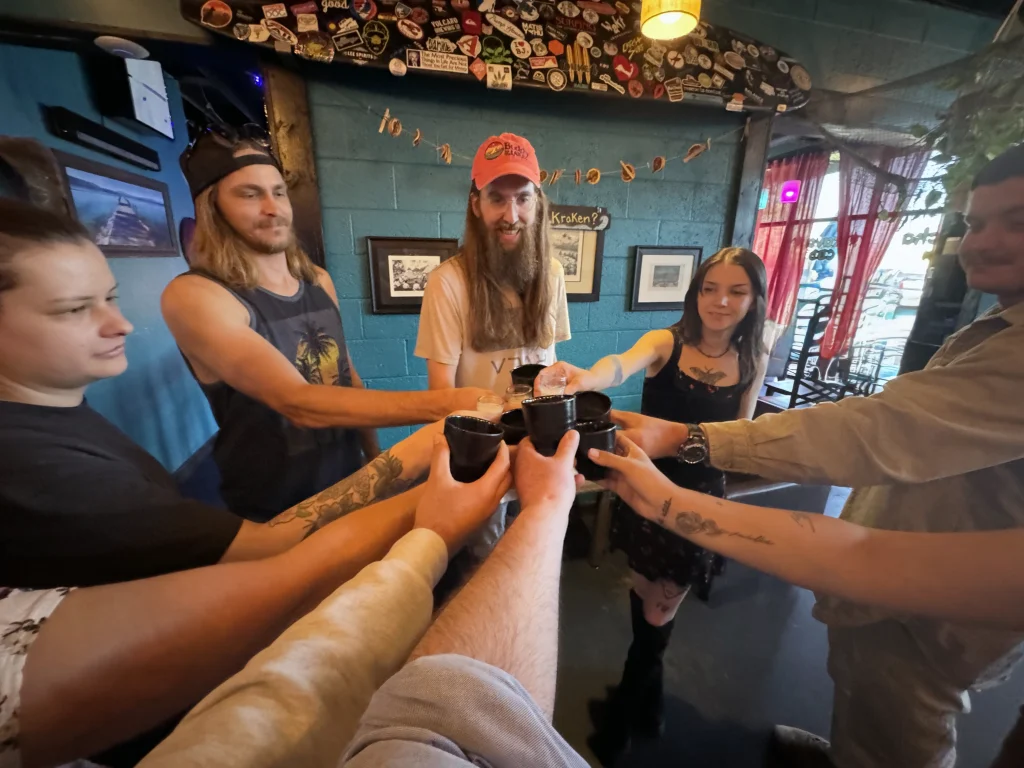**We have Tongan Kava Root Powder back in stock! Get it while you can! ** Dismiss
“Bula” is more than just a word — it’s a heartfelt greeting, a symbol of hospitality, and a cultural cornerstone in Fiji. But what does Bula actually mean? Where does it come from, and why is it so important?
This guide explores the meaning, origin, pronounciation, and modern use of the word Bula, helping you understand its depth beyond just a simple hello, or cheers.
Bula, pronounced boo-lah, is a word of Fijian origin that has a deep cultural significance. Bula is more than just a word; it is central to Fijian Hospitality Culture. Bula is a way of life.
The direct meaning of Bula is “life,” “hello,” or “good health.”

In Fiji, saying Bula is a sign of respect, warmth, and openness. It’s deeply ingrained in the local lifestyle and used by everyone—from hotel greeters to street vendors and locals chatting among friends.
Greeting someone in person or on the phone
Welcoming guests
Starting a conversation with a stranger
Toasting (e.g., “Bula!” before taking a drink)
Using Bula can be seen as participating in the Bula Spirit, a cultural attitude that embraces friendliness, joy, and community.
In the world of kava, “Bula” is not just a greeting—it’s a cheer akin to “cheers” or “salud,” shouted before drinking a shell (bowl) of kava.
Wishing good health and positive energy
Honoring the communal spirit of the gathering
Celebrating life and connection
It’s a moment to pause, acknowledge each other, and share intention before consuming this sacred root beverage.